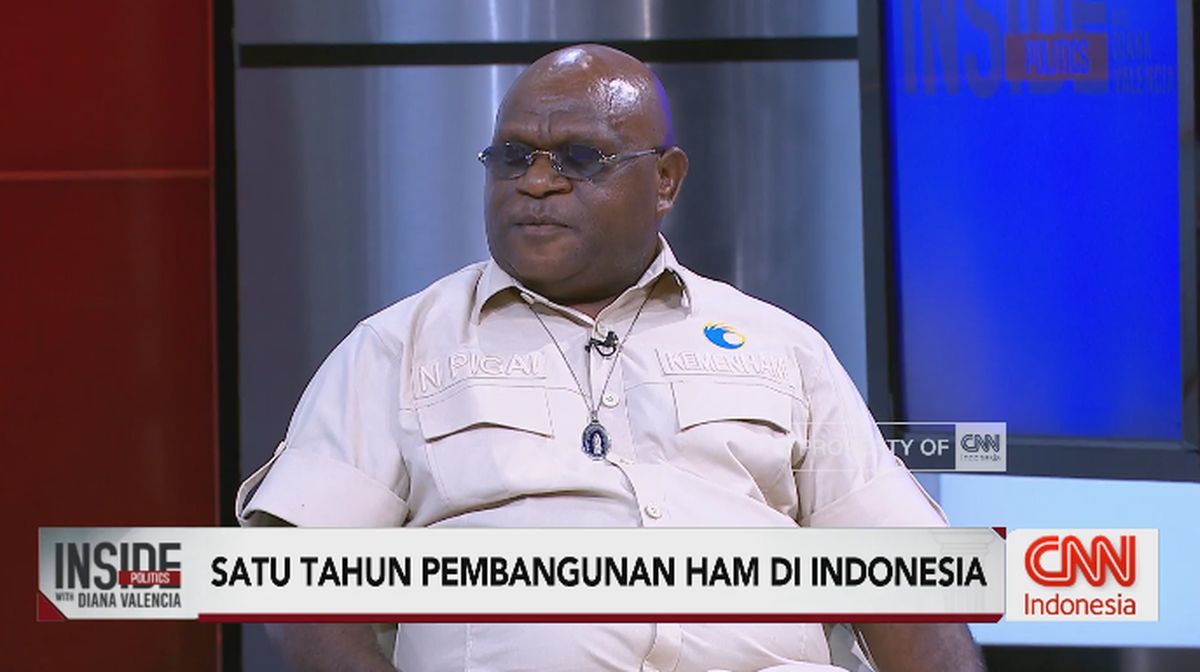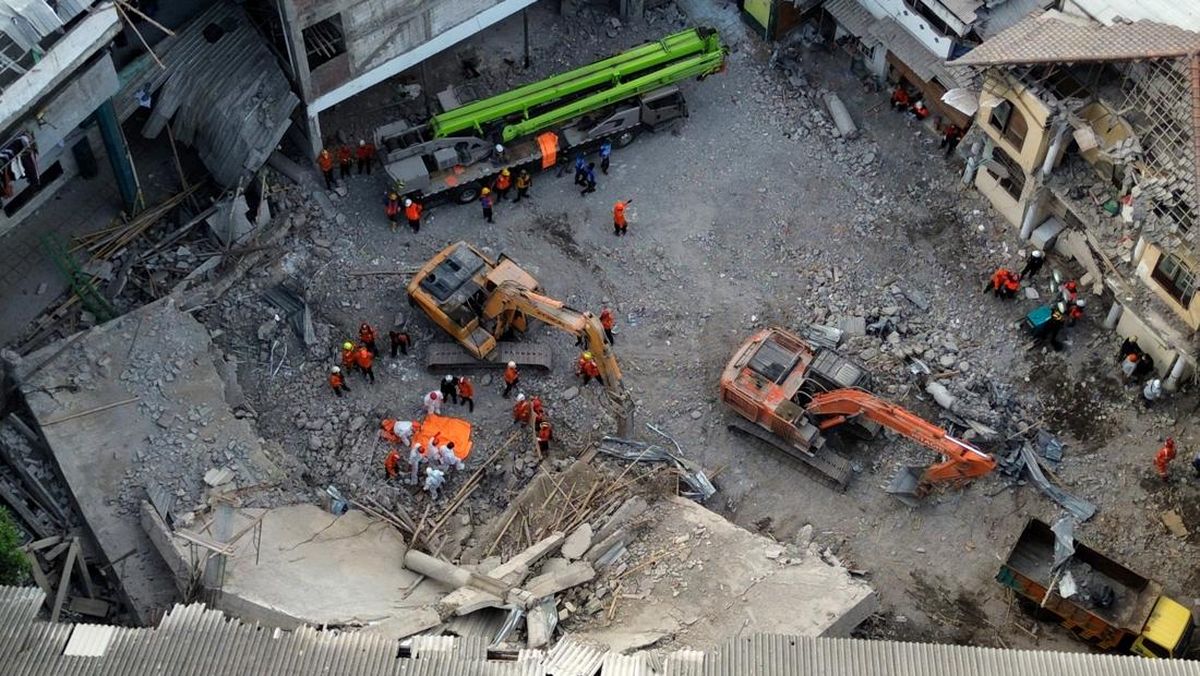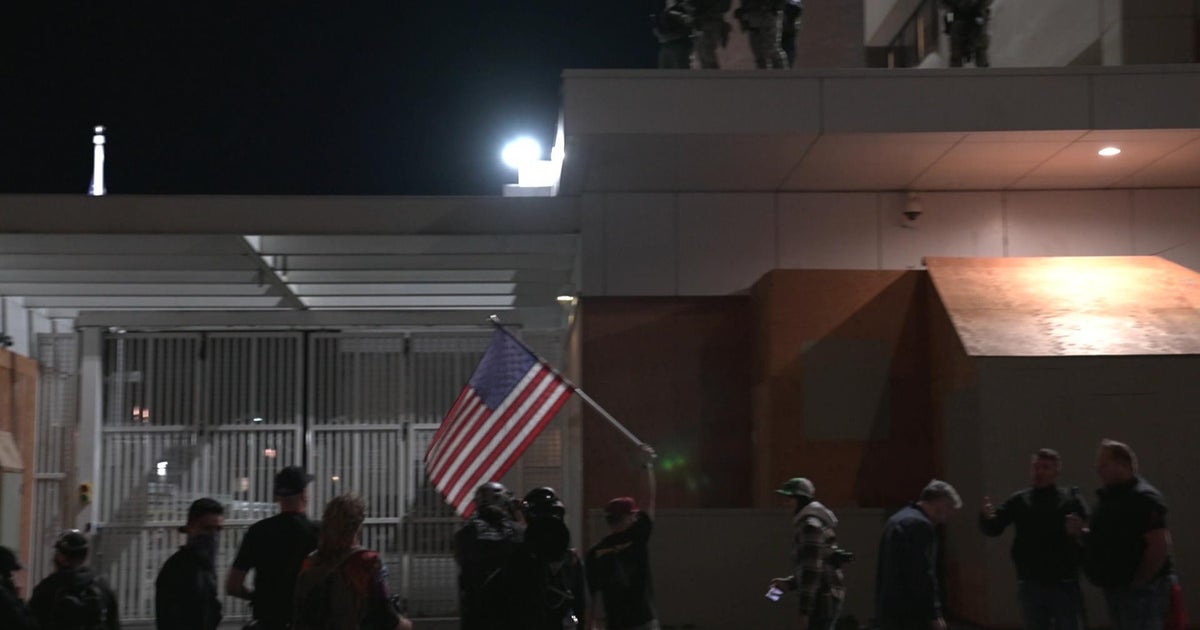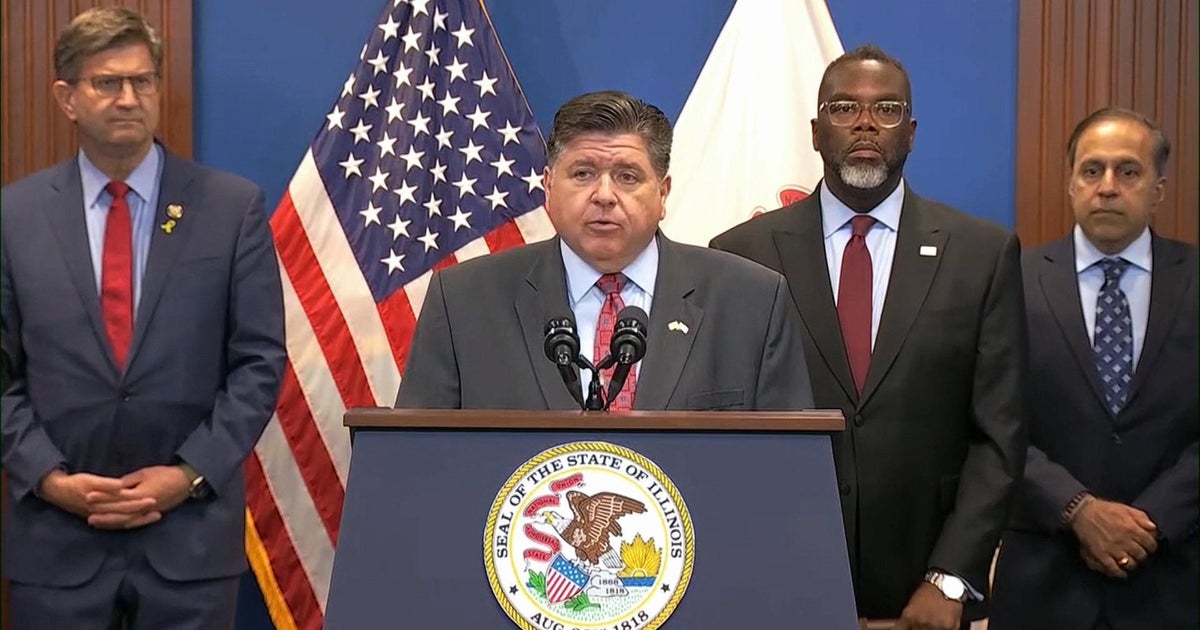These workers repel thousands of attacks a day. It’s wearing them out
By Emily Chantiri
October 3, 2025 — 5.01am
They’re essential, massively in demand, and crucial for the ongoing battle against cybercriminals, but Australian cybersecurity experts are burning out faster than ever before.
Last year, a report from security platform Sophos showed 86 per cent of cybersecurity organisations reported issues with staff burnout. For Mark Beath, general manager at Arcsec IT, this isn’t surprising.

Cybersecurity workers are constantly on the clock.Credit: Dylan Coker
“It’s like being on watch 24/7. Attackers don’t clock off, which is why we rely on systems that work 24/7 to stop threats before they stop a business,” he says.
“In large organisations you might see thousands of attempts daily, in small businesses it’s fewer, but the stakes feel just as high. One breach can shut down a business.”
For the past 10 years, Beath’s focus has been on cybersecurity for small to mid-size businesses. A typical day starts with checking overnight alerts and reports.
Loading
Once alerts have been checked, the next is a mix of monitoring, responding to incidents, running security updates, and helping clients understand risks. Beath’s greatest challenge is staying ahead of constantly evolving threats while keeping clients calm and informed.
“Some days are quiet, others you’re putting out fires before breakfast,” he adds. He provides a recent example with a construction industry client whose customer had been hacked.
The attackers sent out what looked like a legitimate email with updated bank details, and more than $120,000 was transferred before anyone realised.
“It quickly turned into a ‘drop everything’ situation,” he adds. The team jumped in straight away and checked the client’s systems to confirm they were secure.
“We worked directly with their customer and the banks to freeze the transaction. Every minute mattered, and the pressure was high, with large sums of money on the line and business owners panicking.”
Fortunately, all the money was recovered. Beath says it highlighted how close businesses can come to losing everything.
“The hardest part of the job is carrying that responsibility every day and knowing the outcome depends on how fast and decisive we act,” he says.
“The pressure really comes from knowing you can’t afford to miss a single thing. With AI now in the mix, attackers move faster and smarter, which means we can’t afford to be complacent for even a moment.”
Then there is the added responsibility of protecting company data, client records and often the survival of the business itself. “There’s constant pressure to respond quickly, get it right, and keep moving even when the workload is relentless.”

Mark Beath, general manager at Arcsec IT.
Burning out faster than previous years
Sophos’ 2025 report, produced in collaboration with Tech Research Asia, showed burnout levels eased from the year before to 78 per cent. Yet the severity of burnout has increased, with 20 per cent of organisations surveyed saying burnout is frequently experienced up from 17 per cent in 2024.
Of the more than 1000 respondents across Asia Pacific and Japan, 95 per cent said stress and burnout had increased in the past 12 months. Almost 70 per cent of Australian companies surveyed said they offered counselling to workers who experienced stress and burnout.
Stress and fatigue are costing Australian organisations an average of 4.8 hours per employee per week in lost productivity, up from 3.8 in 2024.
Tom Scully CSC, principal architect, JAPAC at Palo Alto Networks, one of the largest cybersecurity companies in the world, said his company and the cyber team have an incredible viewpoint into threats daily.
The company blocks 11.3 billion security events a day – including 2 .3 million new unique attacks per day.
“What we’re seeing across that landscape is a scale, speed and sophistication increasing at a rate never seen before. It’s a threat our customers are dealing with each day. It’s becoming increasingly more complex; the reality is attackers are achieving this by leveraging AI.”
Get workplace news, advice and perspectives to help make your job work for you. Sign up for our weekly Thank God it’s Monday newsletter.
Most Viewed in Business
Loading


















































